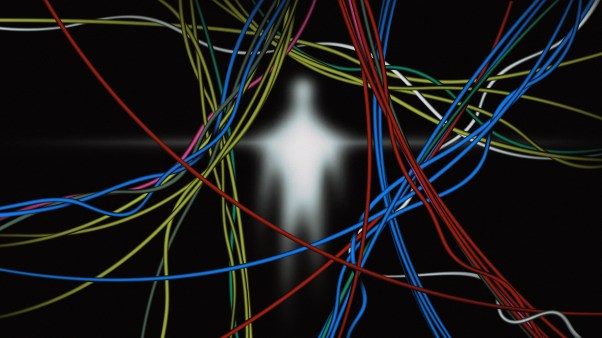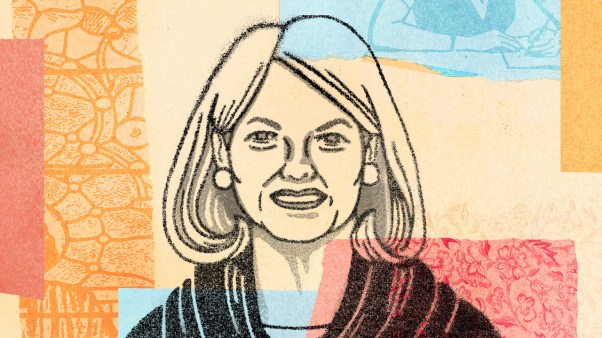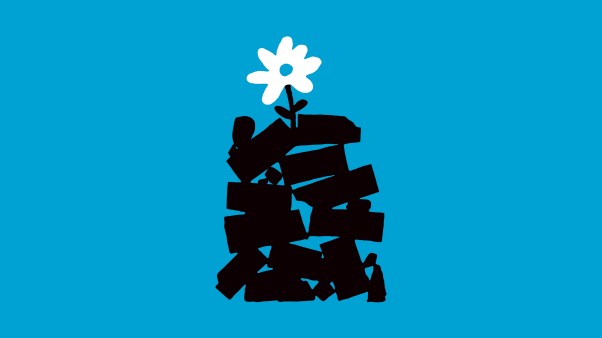The Supreme Court refused in June to review a Ninth Circuit Court of Appeals decision allowing the U.S. Forest Service to use recycled sewer water to make snow for a ski resort on a mountain held sacred by Native Americans. Several tribes hold religious ceremonies on the federally owned mountain; they argued the sewer water would desecrate the mountain and their worship.
Had the Supreme Court taken the case, it would have set a national standard for how carefully the government treats religious practice, said Carl H. Esbeck, law professor at the University of Missouri. Congress has passed two laws in the past two decades (the Religious Land Use and Institutionalized Persons Act in 1993, and the Religious Land Use and Institutionalized Persons Act in 2000) that guarantee that the government will “not substantially burden a person’s exercise of religion.” Cases under both laws have made their way to the circuit courts, where judges are attempting to interpret Congress’s intent.
“The Ninth [Circuit] said ‘substantial effect’ arises only when you are denied a benefit, like Medicare, or if you suffer a government sanction, like being put in jail, because of your beliefs,” said Steven Jamar, professor at the Howard University School of Law.
In this case, Native Americans were not physically prohibited from worshiping on the mountain, and the court held that “a government action that decreases the spirituality, the fervor, or the satisfaction with which a believer practices his religion is not what Congress has labeled a ‘substantial burden.'”
At the heart of the problem, Jamar said, is whether the government should take into account how its actions affect both practices and beliefs. “That’s the problem that many of us have with this opinion,” he said. “Clearly, at least to me, this government action of polluting a sacred [mountain] will have a substantial effect on somebody’s practice of [his] religion.”
Native Americans are not the only ones who could lose out under the Ninth Circuit’s standard, said Thomas Berg, professor at the University of St. Thomas School of Law. Legally speaking, a family that rejects a routine autopsy for the body of a loved one is not being sanctioned or denied a benefit. Neither are prisoners who are not given religious literature or a place to worship, or people in a house of worship where the government is eavesdropping.
“I’d rather have the government have to put up a standard that tells if the exercise [of religion] is being substantially affected,” said Jamar.
He said the government should have to consider a broader range of questions: How central is the practice or belief to the religion? How sincere are the participants? What is the history of the practice? How many believers are being affected? How significant is the government interference? How compelling is the government interest?
“I don’t think this lends itself to bright lines,” Jamar said. Instead, deciding cases as they come would be a prudent way to handle the hard-to-define “substantial burden.”
Esbeck, who filed a brief with Berg and other religious liberty law scholars asking the Supreme Court to review the case, said it’s not surprising the court did not do so.
“They get about 4,000 appeals a year and they take 75,” he said. “You can’t read anything into it. But people of any faith should be concerned, because this is somewhat of a green light for those circuits that have come down with a fairly weak standard to continue to do so. And they will.”
Copyright © 2009 Christianity Today. Click for reprint information.
Related Elsewhere:
Christianity Today has a special section on religious freedom on our site, including:
Bearing the Cross: Freedom’s Wedge | What you can do to help persecuted Christians. (October 7, 2002)
Desert Deaths | Martyrdoms threaten to displace Christian workers from Yemen. (July 13, 2009)
More Freedom But Not Free | Cuba still ranks low on religious liberty. (July 9, 2009)
See our news section and liveblog for more news updates.










